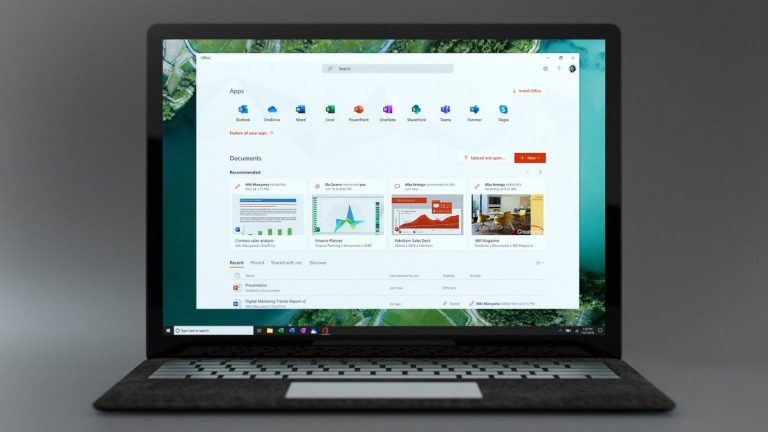Since the explosion of mobile, some years ago, companies have very clear the importance of this channel. And the Smartphone not only accompanies users 24 hours a day, but is also a favorite device Internet connection 9 out of 10 consumers, what screen could be better, therefore, to contact they?
But that companies are aware of the importance of mobile does not mean they are really by reversing their experiences in adapting to these devices. Often, companies believe that using a responsive design on its website and offering an app, already been fulfilled. And that’s just the beginning.

Thus is revealed in a new report from Forrester on the state of mobile marketing in 2016, where we also learn that responsive design is the most common tactic (light of the other and years) that brands are using or plan to use: only 9 % of respondents did not have responsive design or expected to have soon. Undoubtedly, implementing a responsive web design improves the user experience; the problem is that in many cases it has been used as a quick solution to the problem of multiple screens. That makes many marketers do not consider the need to contextualize and adapt content to different devices, but consumers do not necessarily want to see the same across all their screens. And for the moment, half of companies admit that their mobile services are simply a scaled version of the PC services.
You may also like to read another article on Web-Build: Video advertising continues to grow despite increasing rejection by users
Forrester’s conclusions are clear: most marketers used incorrectly mobile marketing strategies. They also tend to focus many times in the last (whether beacons or augmented reality) and forget the basics, investing less than they should on key issues for the mobile user experience, such as email or Continue Search is that with what the user interacts more.
Moreover, very few think of mobile as an opportunity to transform the brand experience. To really differentiate themselves from competitors, marketers should develop unique interactions through the small screen, providing value through apps, messaging and online-offline cross tactics.
Finally, the report stresses that data and ongoing optimization are essential to exploit the mobile potential, and should be used systematically to better understand user behavior through various channels and be able to influence, through the Mobile, on the customer journey.
You may also like to read another article on Web-Build: Where businesses fail when it comes to big data?
What to do to successfully connect with consumers via mobile?
Once analyzed what marketers are doing wrong, it remains to be seen how brands could use the phone to connect more effectively with their customers form. And one of the most interesting for this device marketing-specific tools are push-and notifications.
A study of Microsoft Azure explains that brands must employ mobile notifications to give a better service to consumers and keep them connected properly. But the key is to fully customize these messages to maximize conversations and especially not burden the relationship with the consumer. One should not forget to become a spammer never pays off, and that half of consumers would disable notifications of a mark if this sends you too.








+ There are no comments
Add yours